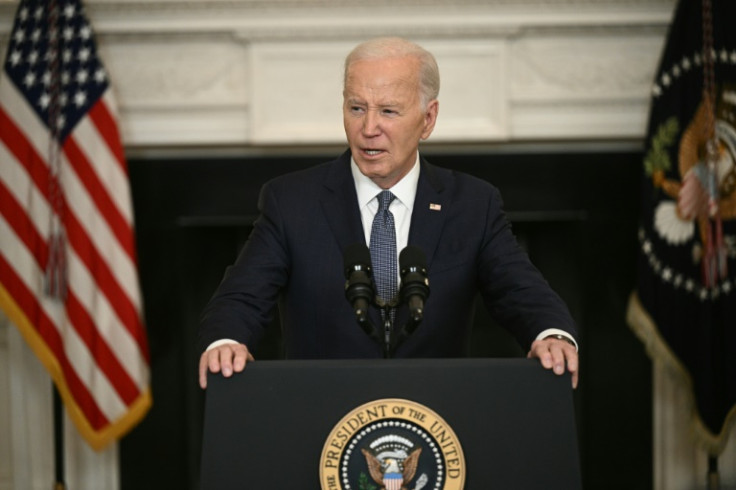
SEATTLE - The Biden administration announced on Wednesday a new tariff on Chinese steel and aluminum and on Mexican steel that is melted or poured outside of North America. It is a way to close a loophole that allowed Chinese goods to enter the United States through Mexico without having to pay any tariffs.
Officials said that 3.8 million tons of steel came into the United States through its southern neighbor last year. About 13% of Mexican steel imports into the United States in 2023 were melted or poured outside of North America, according to the White House.
"Chinese steel and aluminum entering the U.S. market through Mexico evades tariffs, undermines our investments, and harms American workers in states like Pennsylvania and Ohio," said Lael Brainard, director of the White House's National Economic Council.
With this new measure, the United States will now impose a 25% tariff on imports of Mexican metals that are partially made in China, as well as a 10% tariff on Mexican aluminum if it contains metal that has been smelted or cast in countries like China, Iran, Belarus or Russia.
This follows the tripling of tariffs on Chinese steel imposed by the Biden administration back in May.China produces roughly half of the world's steel and the United States has long had high tariffs on Chinese metals that largely blocked direct imports.
These tariffs haven't had unanimous approval. The National Retail Federation, which represents many companies that source or sell Chinese products, said that this decision will just hurt consumers and called on President Biden to reverse course when he first announced the new tariffs in May.
"As consumers continue to battle inflation, the last thing the administration should be doing is placing additional taxes on imported products that will be paid by U.S. importers and eventually U.S. consumers," David French, the group's executive vice president for government relations, said in a news release.
The National Retail Foundation also added that American consumers "need new free trade agreements that focus on both market access and tariff reductions," urging Congress to pass long-standing trade preference programs that have been expired for a long time. "The U.S. economy needs real incentives — unlike those in the form of penal tariffs — to shift supply chains away from China," the statement added.
© 2025 Latin Times. All rights reserved. Do not reproduce without permission.



